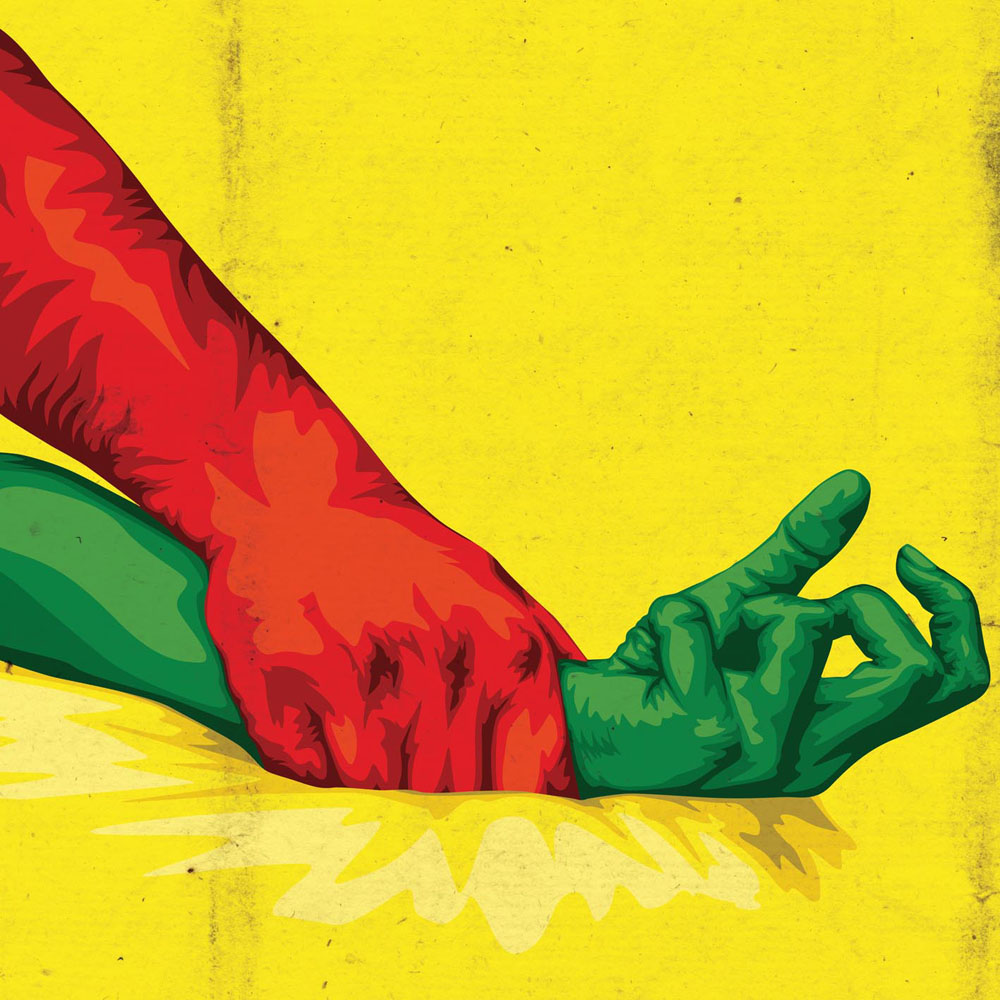Portugal // Rape is the violent crime that has increased the most~ 4 min

A barrage of misogynist comments have inundated social networks, media and café conversations in the last few days. Such a male chauvinist wave must be countered with facts and numbers.
While making it clear that official numbers are just the tip of the iceberg, let’s start by analyzing what the Annual Security Report (RASI) said about rapes. This will help us form an idea about Portuguese reality.
Rape is the violent crime that has increased the most in Portugal in 2017
According to RASI, the number of rapes increased by about 21,8%. 408 rape crimes were denounced to authorities. 73 more than in 2016. This is the highest value registered in internal security reports since 2010.
The report also highlights that the accused are male (99,2%) and that the victims mostly female (90,7%).
There have more than 3.000 occurrences since 2010. An average of 375 denunciations are registered per year.
Rape cases are difficult to denounce
A great stigma still exists in Portuguese society regarding rape cases. The fault always lies with the woman. The social discourse tends to deresponsibilize the aggressor and responsibilize the victim; the typical “she was asking for it”. Even when women denounce these cases, the crime is very hard to prove. Victims are treated as guilty until proven otherwise.
“Victims show enormous disbelief due to the inoperability of the judicial system. ‘The processes are long, painful, the doubt principle always remains in favor of the defendant and the evidence production phase can last up to 150 weeks’, says Marlene Matos, a researcher who works in victimology and forensic psychology and teaches at the Minho University, which hosts a crime victim support service open to the public.”
In 44% of the cases, judicial processes are already at an advanced phase when the complaint is archived, “suggesting suspicion of the judicial system and / or insecurity due to the lack of support and protection”. This is the judgement of an inquiry produced by the National Institute of Legal Medicine. According to it, in 39% of the cases, the archival is due to the victims giving up. Only 8% of the rape denunciations make it to a final condemnation.
One of the most famous recent cases of blaming the victim was the rape of a young woman in a bar in Gaia. A Porto court relativized the sexual abuse committed by two men against a woman while she laid unconscious on a bathroom floor. According to the three female judges that decided on the case, there was “mutual seduction” and “ambiguous lack of consent”. They consider that the “physical damages provoked don’t assume any special gravity”.
The myth of false accusations
Another of the preconceptions existing in Portuguese society is that “women lie”. But according to the latest official numbers, only about 5% of the rape denunciations are fake. The adjunct national director of the Judicial Police, Carlos Farinha, points to an even lower number – “There is a relatively minimal percentage, perhaps 3%, 4%”.
There are no know studies conducted in recent years about false rape accusations in Portugal. However, if we take into account the numbers from Spain, we arrive at the conclusion that they are almost a myth. There were zero fake denunciations in 2017 in all of the Spanish State. Only 0,0075% of the denounced situations in 2018 are simulations.
Over half of rapists are family members or know to the victims
Another one of the myths is that rapes always occur in dark alleys. This preconception is very different from reality: “55% of rapes reported in 2017” were committed by people the victims know or family members. This is one of the strongest reasons for the victims’ silence.
The fact that a rape might occur inside a so called “normal” relationship impels most victims to refrain from denouncing the crime.
According to Sofia Neves, gender violence researcher at the University Institute of Maia (ISMAI), ‘many women end up naturalizing the question of forced sexual intercourse because they think that sexual contact is an obligation that derives from marriage formality. They assume sexual intercourse with their husbands as an obligation independent of their desires’. Only later, outside of relationships, do they realize that they were victims of rape and sexual abuse.”
Nonexistent support
There are only two support centers for victims of sexual violence in the entire country. The one in Lisbon was opened less than a year ago. The other in Porto opened last May. This is clearly an insufficient answer. “There are too many people who don’t have access to these centers, especially if we take into account the geographical distance”, adds Sofia Neves.
According to recommendations by the Council of Europe, there should be a crisis center for every 200.000 women. This means that there should be 27 such centers in Portugal instead of two.




